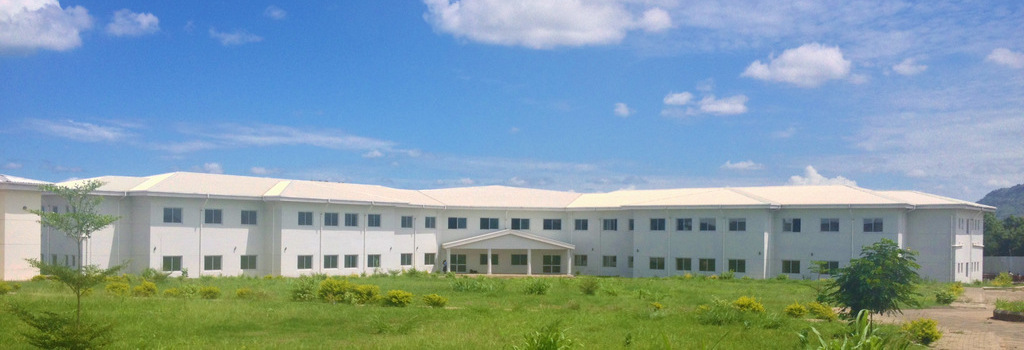Our Mission
The mission of the School of Public Service is to develop outstanding public sector leaders. We offer 2-year Masters degrees, as well as certificate programs, seminars, and customized courses. Our programs cover both theory and practice, with a heavy emphasis on real-world applications.
We define “public service” broadly and our courses are designed for people serving with the following organizations:
- National, State, and Local Governments (all three branches)
- Nongovernmental Organizations (NGOs) and Civil Society Organizations
- International Organizations
- Social Entrepreneurs
Our Core Values
- Excellence: We are committed to providing an excellent education to our students.
- Service: We are committed to serving the people of South Sudan; their well-being is our top priority.
- Integrity: We honor our country, communities, families, and selves by adhering to the highest standards of conduct. We endeavor to do what is right, even when no one is watching.
- Knowledge and Know-How. We integrate theory and practice in all our programs, with a heavy emphasis on applied exercises.
- Teamwork: We find strength in diversity, and unity in a shared commitment to build the nation; we do not let tribal, regional, or political differences become divisive. We also collaborate and help each other succeed.
- Hard Work: We work hard every day striving to achieve our personal goals and the goals of the School.
- Respect: We value staff and student contributions to our mission and treat each other with courtesy and respect.
- Accountability: We take responsibility for our actions; learn from our mistakes; and celebrate our achievements.
- Problem-Solving: We expect staff and students to take initiative and solve problems; and we empower them to do so.
- Courage. We have the courage to live our values, and to act in the face of adversity and resistance.
Our History
Shortly after independence, the Council of Ministers (led by Dr. Luka Monoja, the Minister of Cabinet Affairs) discussed a resolution to establish an Institute of Public Administration. At about the same time, Patricia Powers Thomson distributed A Simple Proposal: A Powerful Idea – The NGO and Public Service Academy (April 2012). The idea was refined and a robust curriculum developed over the next 18 months. On October 25, 2013 Thomson shared A Call to Action: Establishing the South Sudan School of Public Service with the Ebony Center’s Development Policy Forum (DPF). It was well received, and in early 2014 a Board of Advisors was established to “help finalize the School’s design and curriculum, as well as to help find start-up funding and mobilize the School.” The Board was chaired by Dr. Luka Monoja, MP. Other board members included Cde. Kuel Aguer, Dr. John Akec, Mr. Vincent Oywak, Dr. Pauline Riak, and Ms. Thomson.
In keeping with its intent to promote meritocracy, the Board held a competition to determine where to house the School, and the University of Juba was selected. On Nov 4, 2014, the University of Juba Dean’s Board approved the School. Several days later (Nov 14), a Memorandum of Agreement was signed between the University, the Board of Advisors, and Patricia Thomson (the School’s Dean-designee). The Curriculum Committee approved the School’s core courses on 17 March 2015, the Senate approved the School on April 24, 2015 and the University Council approved it on June 13, 2015.
Since its inception, the School’s founders have underscored the importance of developing mindsets, as well as skillsets, as reflected by our Core Values. They have also emphasized building foundational skills like transformational leadership and critical thinking. Finally, they have stressed the need to balance theory and practice, or as we like to say, “knowledge and know-how.” These priorities have guided the School’s development, and will continue to guide its operations in the years to come.

